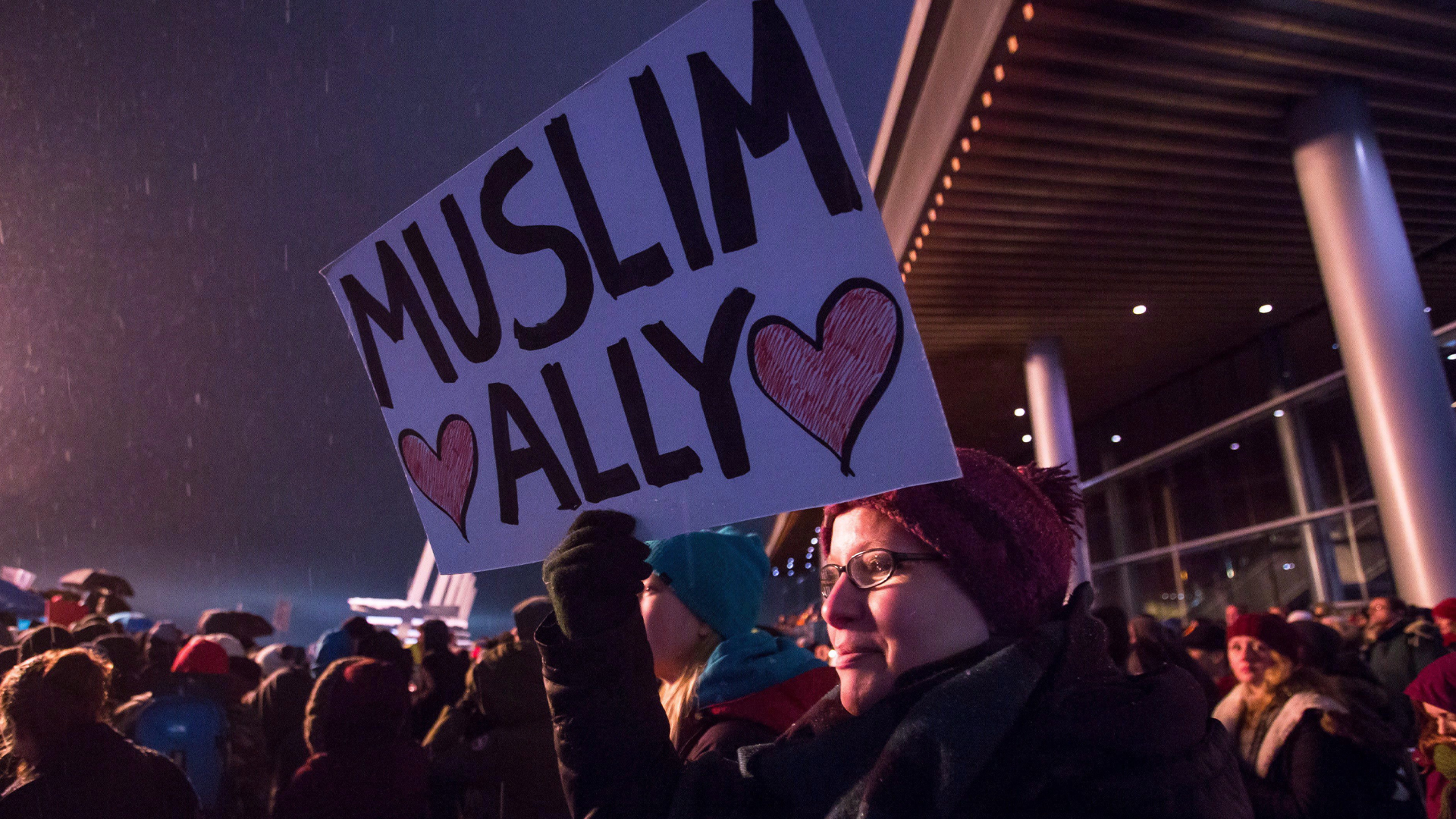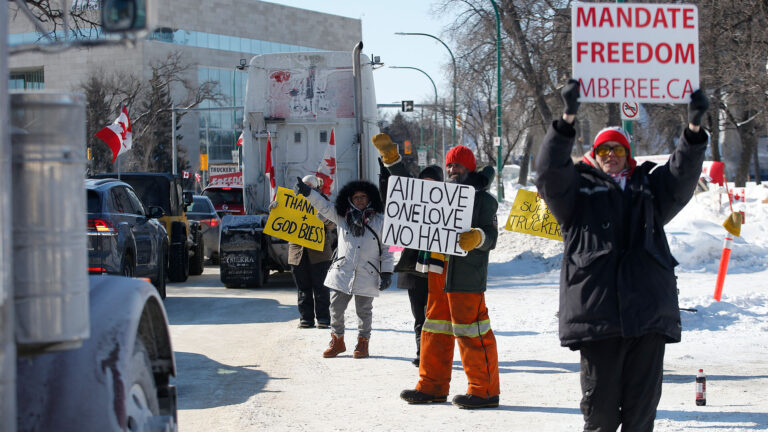Recent allegations that the Canada Revenue Agency is unfairly auditing Muslim-led charities for possible ties to terrorist financing have stirred outrage. For years, Muslim charities have witnessed and experienced aggressive and intimidating audits, which have had a chilling effect on the community. The situation has been exacerbated by recent Globe and Mail articles alleging that fake RCMP and CRA records were created to portray federal investigators as acting unethically to intimidate and disrupt Canada’s largest Muslim charities. The goal of the fake documents was likely to sow fear in the charities and the community.
But how did all of this begin?
In 2021, after two independent reports alleged disproportionate targeting of Muslim charities through prejudicial audits, the Muslim charitable sector called for the suspension of the CRA’s terrorism financing unit, which is called the review and analysis division. It also called for an investigation by the National Security and Intelligence Review Agency. The practices of the CRA and the effects they have had on the Muslim community have been further exposed by the Senate standing committee on human rights’ investigation into Islamophobia in Canada.
At the National Summit on Islamophobia and again after recent Senate hearings into the CRA’s targeting of Muslim charities, Prime Minister Justin Trudeau acknowledged systemic Islamophobia in the CRA and that “significantly more” needs to be done to remove systemic barriers that affect Muslim charities.
Tackling Islamophobia begins by rebuilding trust with the Muslim community
The Liberal government must rid the country of systemic Islamophobia
Sharmila Khare, director general of the CRA’s charities directorate, admitted in recent testimony before the Senate that the CRA’s review and analysis division follows an all-of-government approach to national security and uses a 2015 document called the National Inherent Risk Assessment, which associates terrorist financing risk with racialized communities. In fact, the Canadian government’s risk assessment for terrorism financing in the charitable sector focuses almost exclusively on Muslim charities, and entirely on charities based in racialized communities.
However, the review and analysis division has held this position since long before this risk assessment document was created. During a Senate hearing on national security in June 2015, Cathy Hawara, then-director of the charities directorate, explained that certain communities (widely assumed to be Muslim) posed the highest terrorism financing threat to the charity sector.
The review and analysis division has since its inception in 2003 audited 39 charities and revoked the charitable status of 14, of which 12 are believed to be Muslim-led, as explained by the CRA’s assistant commissioner, Geoff Trueman, in his testimony before the Senate. But by focusing on Muslim charities, has the CRA really disrupted the criminal potential for funding terrorist organizations? One metric that can be used to judge this is the successful criminal prosecution of entities whose charitable status was revoked by CRA’s review and analysis division. Yet, the RCMP has brought charges against exactly NONE of the individuals affiliated with these charitable organizations.
Unfortunately, the CRA’s approach, reinforced by the National Inherent Risk Assessment, has resulted in the agency’s intentional or unintentional targeting of Muslim charities.
Irrespective of the impact it has had on Muslims, we should consider whether Canada’s threat assessment is correct. Is the greatest threat to terrorism financing in our country from Muslim-led organizations? By focusing so narrowly on Muslim charities, are we missing other important threats? Is the potential for terrorist financing the greatest in the charitable sector?
National risk assessment of Five Eyes allies
The Five Eyes is a historic security and intelligence alliance between the United States, the United Kingdom, Australia, Canada and New Zealand. This initiative began in the early 2000s in recognition of the need to counter terrorism financing.
Last February, the United States issued its 2022 national terrorist financing risk assessment. The contrast with Canada is clear. The U.S. has acknowledged that charitable organizations play a vital role in combatting terrorism, especially through their efforts to prevent radicalization. It also acknowledges that the vast majority of charities and non-profit organizations comply with the law and face little or no risk of being used for terrorist financing.
The London attack disrupts the narrative of imported Islamophobia
The U.S. has promoted risk-based policies to ensure humanitarian aid reaches those in need. Canada’s efforts to curb terrorist financing have crippled the Muslim community.
The Americans recognize a growing threat from domestic violent extremism, especially since its funding relies on anonymous donations through global crowdfunding sites.
The U.K.’s 2020 national risk assessment of money laundering and terrorist financing concludes that terrorism financing is carried out on a small scale, and that raising and moving funds through the charitable sector is NOT a primary method for such activity. The U.K. has recognized the threat of far-right terrorism as well as left-wing, anarchist and single-issue terrorism.
Global terrorist financing watchdog
The global Financial Action Task Force requires its member states to regulate charities and non-for-profit organizations (NPOs) to protect the sector from the financing of terrorism. However, the task force, of which Canada is a member, has acknowledged that this recommendation has had unintended consequences for the charitable sector and is being reviewed.
This review is looking at how the task force requirements have resulted in:
- de-risking and financial exclusion of charities by banks, resulting in the shutdown of accounts or the denial of services;
- undue targeting of NPOs and the question of whether measures have created a chilling effect on NPOs’ legitimate activities;
- the curtailment of human rights due to a misapplication of state measures.
Domestic and far-right terrorism
In recent years, Canada has seen a marked increase in domestic and far-right terrorism. This trend has been driven by the rise of extreme nationalist, anti-immigrant and white supremacist groups, which have become increasingly emboldened and active. These groups are responsible for a growing number of hate crimes, threats and acts of violence against members of diverse communities, particularly Muslims.
The emergence of far-right extremism in Canada has been enabled by the proliferation of online forums and social media networks where individuals can organize with anonymity to spread their hateful ideologies. Many extremist organizations are able to solicit donations from sympathizers directly or through encrypted channels and possibly through charities.
The threat posed by these organizations is significant: not only do they espouse violent rhetoric toward marginalized communities but also seek to undermine democratic institutions and the electoral process.
Where does Canada stand?
The CRA refuses to acknowledge its practices have hurt the Muslim community. It continues to place too much emphasis on racial and religious communities, particularly Muslim, as the source of terrorism financing while domestic terrorism and far-right extremism rise. Despite the changing assessments of the international community, the CRA’s review and analysis division is not prioritizing charities with links to white supremacists, as confirmed by the CRA’s Sharmila Khare in her Senate testimony.
It is clear that Canada has missed the mark on real terrorism financing threats to our country and it is time for the federal government to re-evaluate its approach.
Recommendations
1. The CRA has to acknowledge that its two-decade-long focus on Muslim organizations is at odds with its Five Eyes allies and has caused irreparable harm to Canada’s Muslim community. The federal government, like the global Financial Action Task Force, needs to publicly admit that its framework has had unintended consequences.
2. The prime minister and the CRA owe an apology to Canadian Muslims and they need to start working with the community to restore trust. A strong political commitment to implement structural and systemic changes that eradicate Islamophobia must come with concrete action.
3. The National Inherent Risk Assessment must be repealed. What is required is a transparent re-evaluation of the risk in Canada’s charitable sector, as well as where the true terrorism financing risks are coming from, including domestic terrorism and the far-right, China and Russia.
4. The CRA’s approach to monitoring and regulating terrorism financing, including its review and analysis division, should be suspended as should active audits of Muslim charities by the division.
5. The federal government must direct the National Security Intelligence Review Agency to conduct an investigation into the CRA, the National Inherent Risk Assessment, and charities that have suffered disproportionate outcomes.
6. The Department of Finance should conduct a study to determine how its National Inherent Risk Assessment has resulted in the de-risking and financial exclusion of Muslim charities, and it should collaborate with financial institutions to ensure that all Canadian organizations receive fair service.
7. Muslim grassroots and advocacy organizations should be consulted on reform and given representation in oversight bodies.










